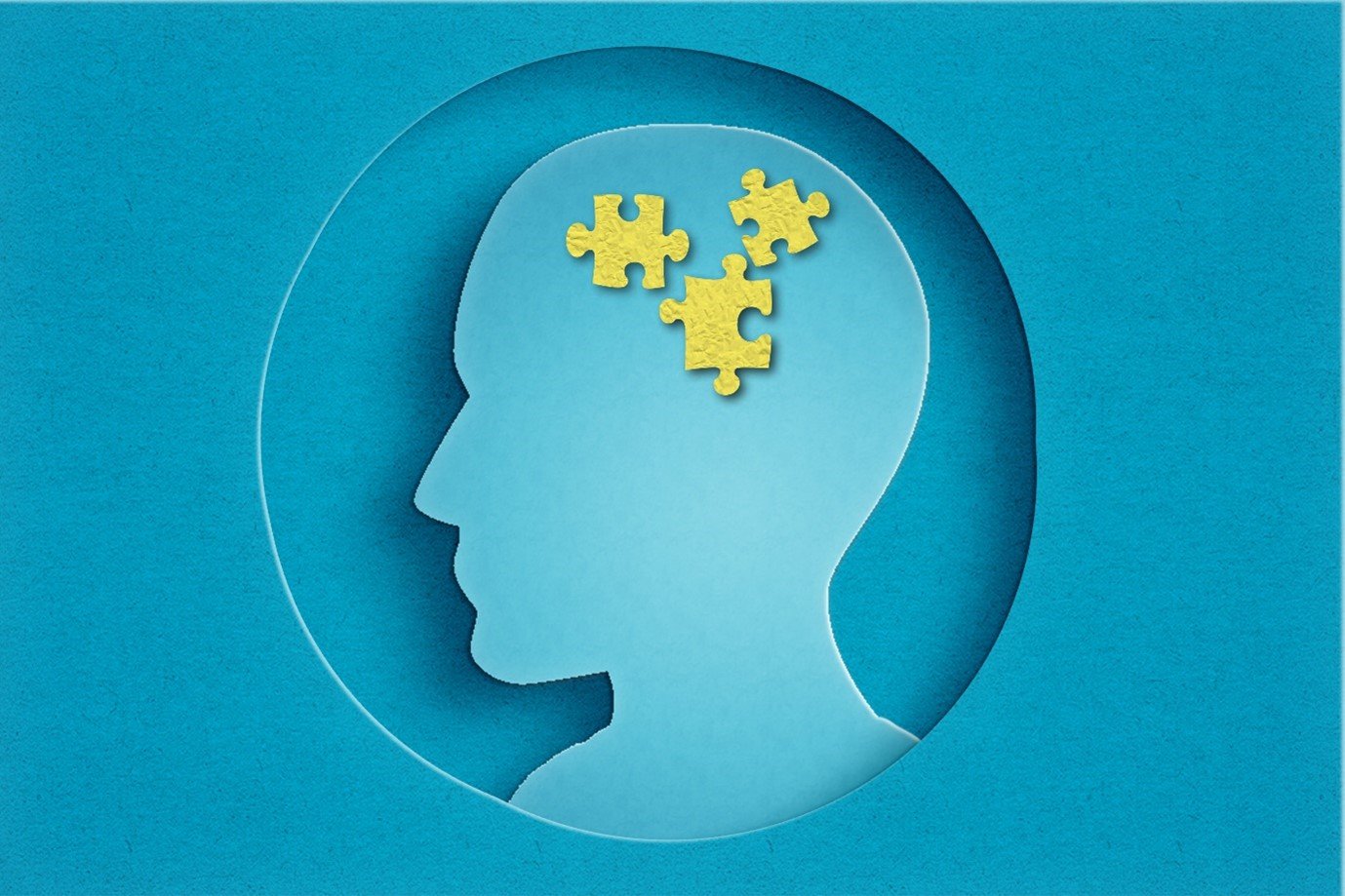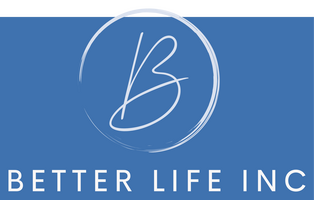Identify Your Thinking Errors

When facing a setback or failure, I immediately think:
- It’s a temporary setback, and I can learn from it.
- I always fail; I’ll never succeed.
If someone disagrees with me, I tend to believe:
- They have a different perspective, and that’s okay.
- They’re against me, and I must be wrong.
When things don’t go as planned, I often:
- Adjust my plans and find an alternative solution.
- Feel overwhelmed and think everything is falling apart.
If I make a mistake, my first thought is:
- Mistakes happen; I’ll do better next time.
- I’m a failure, and I’ll never get it right.
In challenging situations, I tend to focus on:
- The aspects I can control and influence.
- The worst-case scenario and what could go wrong.
When receiving constructive criticism, I usually:
- Appreciate the feedback and consider how to improve.
- Feel attacked and defensive, thinking they don’t understand.
If someone doesn’t respond to my message, I often assume:
- They’re busy or haven’t seen it yet.
- They’re avoiding me or upset with me.
In uncertain situations, I tend to:
- Stay calm and assess the available information.
- Imagine the worst possible outcomes and panic.
When facing a new challenge, I think:
- It’s an opportunity to learn and grow.
- I’ll probably fail; I’m not capable.
If I receive praise, my initial thought is:
- I appreciate the recognition; it motivates me.
- They’re just being nice; I don’t deserve it.
Scoring
- Count the number of a) and b) answers.
- The dominant type (a, or b) represents your tendencies in thinking patterns.
This quiz is a tool for self-awareness and may help identify common cognitive distortions. Seeking professional advice is recommended for a more comprehensive understanding of thinking errors.
